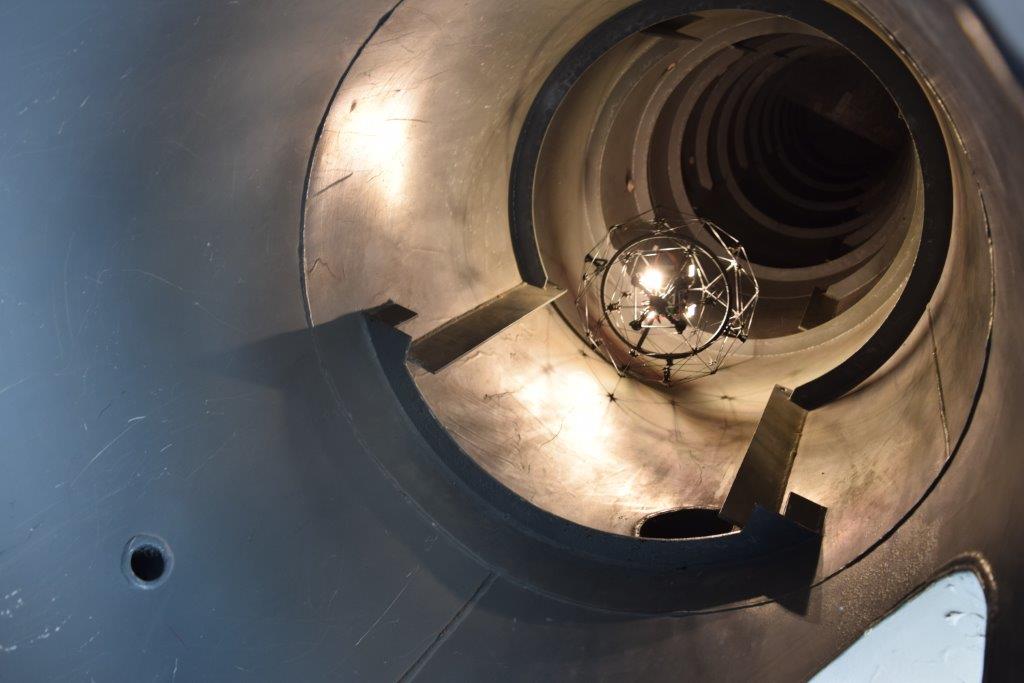New technology helps operators out of ‘risky’ situations

ADVANCES in remote visual inspection (RVI) technology have helped many operators in the oil and gas sector improve safety, efficiency and accuracy when it comes to working in confined spaces, according to Nexxis partner Applus+.
Adam Alessandrino, Country Manager of the Energy and Industry Division for the global inspection and testing provider, says there has been a definite shift in the way industry is seeking and implementing innovative technologies.
“Operators are more accepting of the need to change existing processes such as confined space entry and extensive scaffolding in favour of safer, higher quality and more efficient offerings,” he said.
“The progression of camera technology has enabled the industry to embrace new work practices utilising RVI technologies, while bespoke access systems such as crawlers have also had a big impact.
“These sorts of technologies have changed the way confined space entry is carried out, particularly for internal inspection, with very few cases requiring manned entry anymore.”
Nexxis CEO Jason De Silveira said the willingness of Australian-based operators to embrace such technologies has played a big part in the nation’s enviable health and safety performance record over the past few years.
“Almost a third of work-related fatalities in the US oil and gas sector over the past decade are attributed to fires and explosions, falls, and exposure to harmful environments and substances,” he said.
“Many of those incidents could have been avoided if remote inspection technologies had been adopted.
“Fortunately for Australian workers, the industry as a whole encourages a positive safety culture and that has been a big driver for operators to turn to technology as a means of reducing the risks associated with some work practices.”
